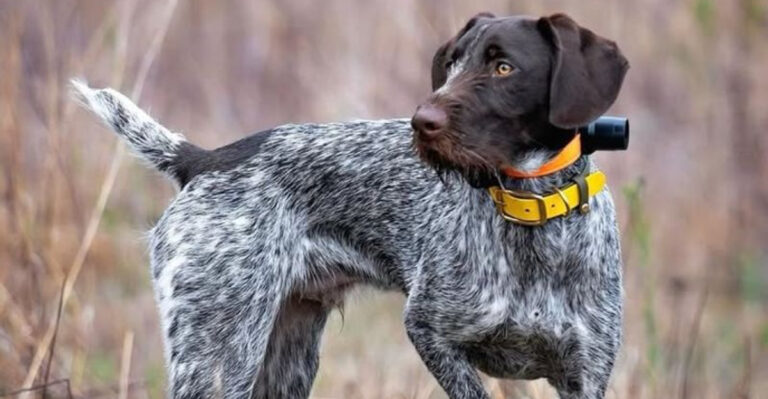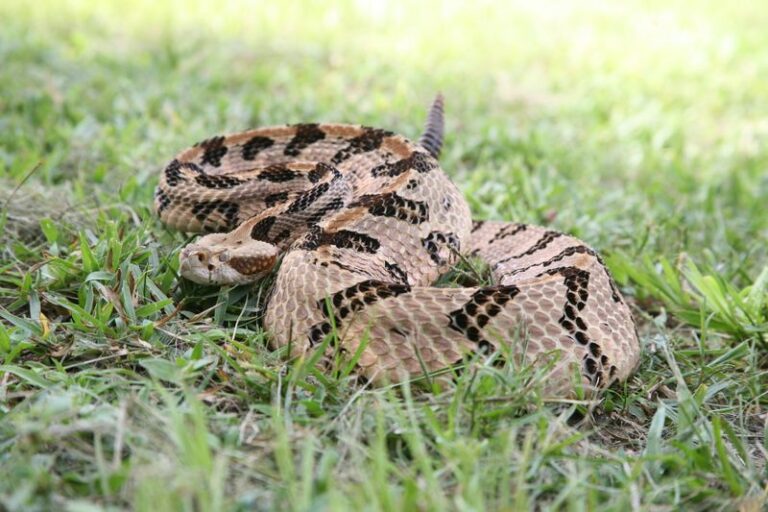10 Impossible-To-Train Dogs That Will Test Your Patience

Training a dog can be a rewarding experience, but some breeds are known for being notoriously difficult to train.
These dogs, despite their lovable nature, can test even the most patient dog owners. However, understanding their traits and needs can help in managing them effectively. Here are 10 breeds that will challenge your training skills.
1. Afghan Hound
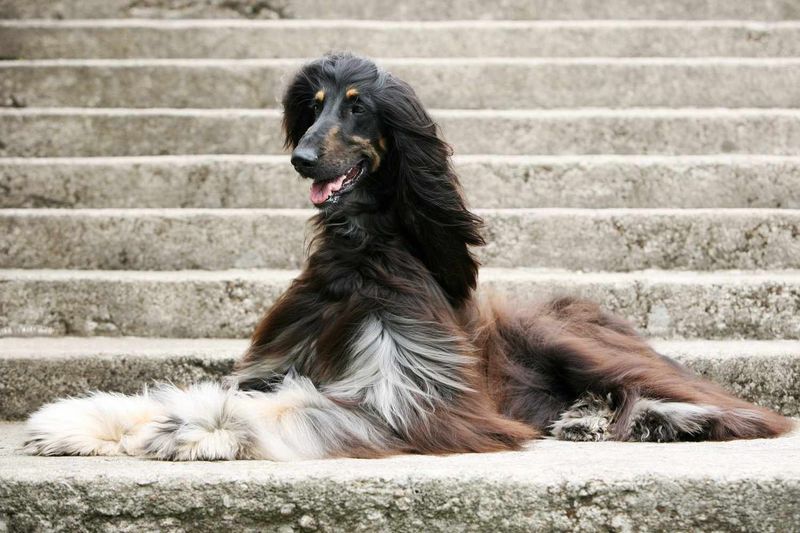
The Afghan Hound is the epitome of elegance with its long flowing coat and regal demeanor. However, their independent nature can make training a real challenge.
Afghan Hounds have been bred to think for themselves, which means they often choose to ignore commands. This breed requires a patient trainer who can engage them with positive reinforcement and plenty of variety.
Consistency is key, as they can easily become bored. It’s crucial to start training early, as their stubborn streak can become more pronounced with age.
Afghan Hounds are not driven by praise or food, so finding the right motivation is essential. They thrive in environments where they feel respected and understood.
Having a strong bond with your Afghan Hound will make training a more pleasant experience. With perseverance, even these aloof canines can learn new tricks.
2. Basenji
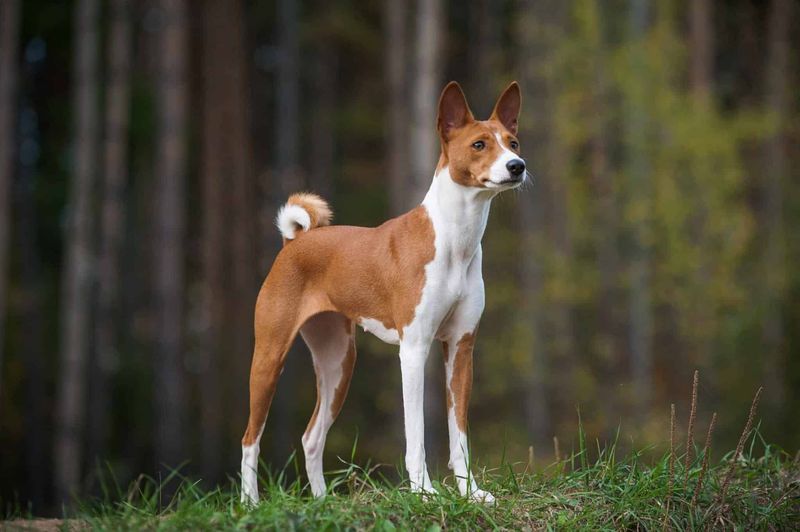
The Basenji, often referred to as the “barkless dog,” is known for its intelligence and independence. Training them requires a lot of creativity and patience. They possess a strong will and a tendency to get bored with repetitive tasks.
With a Basenji, it’s important to establish yourself as the leader early on. They respond well to training that includes games and challenges.
Since they can be escape artists, ensure your yard is secure and provide them with ample physical and mental stimulation. Positive reinforcement works best, but don’t expect them to obey blindly.
Their curiosity can lead them into mischief, so keep an eye on them during walks and playtime. With the right approach, a Basenji can become a well-mannered companion.
3. Chow Chow
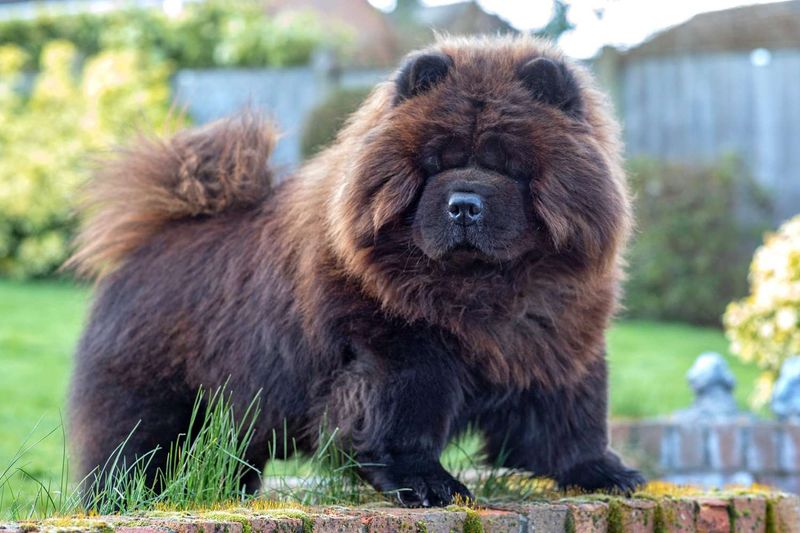
Chow Chows are known for their distinctive lion-like appearance and aloof personality. This breed can be very challenging to train due to their stubbornness and independence.
They are not naturally eager to please and require a firm, yet gentle hand. Socialization from an early age is crucial to prevent aggression or aloofness towards strangers.
Training should focus on establishing trust and respect. Consistent rules and boundaries are necessary, as they tend to test limits.
Despite their challenges, Chow Chows can form strong bonds with their families. They appreciate routine and thrive in a calm, stable environment. Patience and consistency are essential when dealing with this breed, as is early socialization.
4. Bulldog
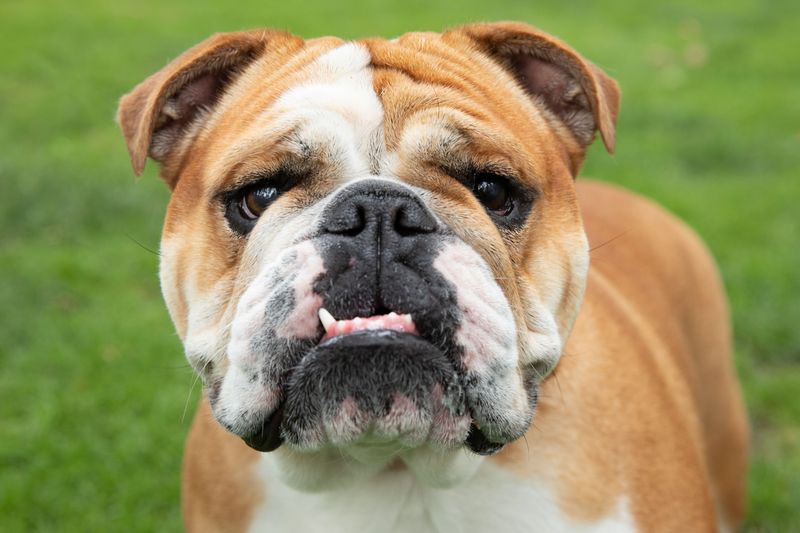
Bulldogs, known for their tenacious nature and wrinkled faces, can be quite a handful when it comes to training.
Their stubbornness is legendary, and they require a trainer who can be as determined as they are. Positive reinforcement and short, fun training sessions work best.
Bulldogs are food-motivated, so treats can be a useful tool. However, it’s important not to overdo it, as they can easily become overweight.
This breed is also known for its laid-back demeanor, which can sometimes come off as laziness. Regular, engaging activities are needed to keep them interested.
With patience and the right approach, Bulldogs can be trained successfully, but it may take time and persistence.
5. Dachshund

Dachshunds are small yet brave dogs with a strong personality. Originally bred for hunting, they have a mind of their own, which can pose training challenges.
Their independent streak requires patience and creativity from their trainers. Consistency is essential, and training should begin as early as possible.
Dachshunds can be stubborn, so finding the right motivation is key. They enjoy interactive games and activities that cater to their hunting instincts.
Socialization is also important to prevent behavioral issues. With the right approach, including lots of encouragement and praise, Dachshunds can become well-behaved pets.
6. Jack Russell Terrier
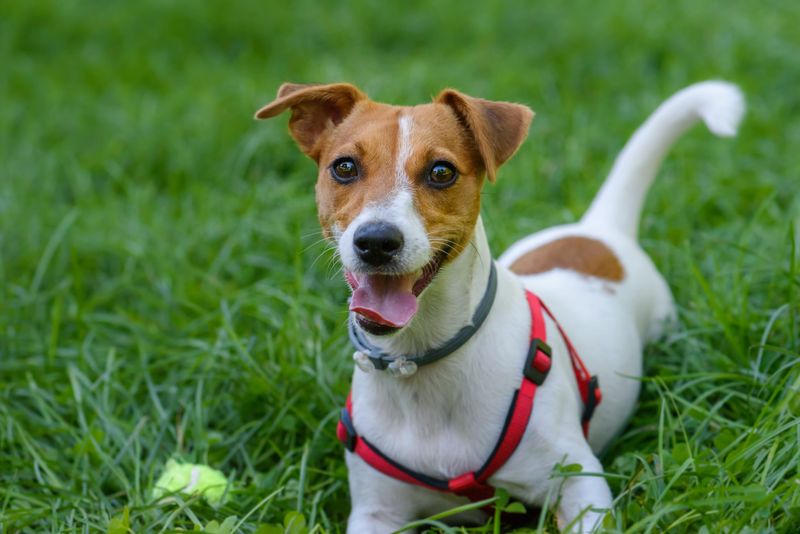
Jack Russell Terriers are energetic and intelligent, often described as a “big dog in a small body.” Their high energy levels and intelligence can make training both a challenge and a delight.
This breed requires plenty of physical exercise and mental stimulation to keep them engaged.
They are quick learners but also quick to become bored, so training sessions should be kept short and varied. Consistency and positive reinforcement are key.
Jack Russells thrive in an environment where they can explore and learn through play. With the right guidance, they can excel in obedience and agility training.
7. Dalmatian
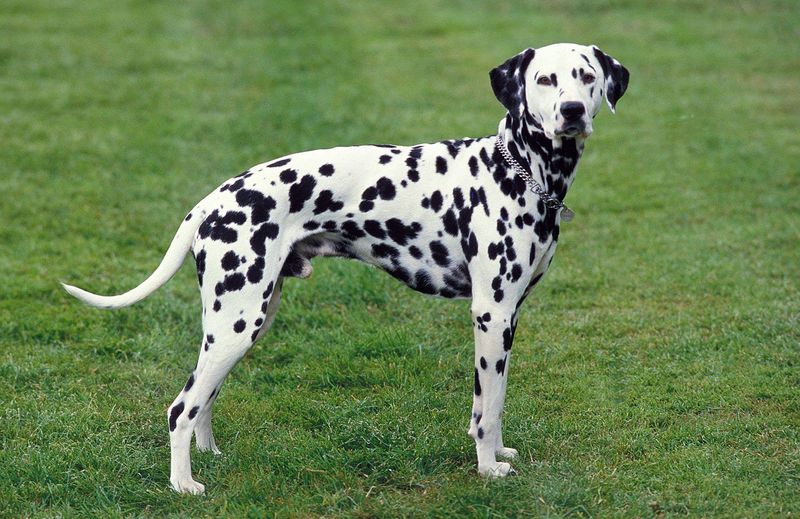
Dalmatians, known for their striking spotted coats, are energetic and intelligent. However, their strong will and high energy levels can make training a daunting task. They require an owner who is equally energetic and patient.
Socialization and obedience training from a young age are crucial. They thrive on consistent routines and enjoy activities that challenge both their body and mind.
Dalmatians are sensitive animals, so harsh training methods should be avoided. Positive reinforcement and patience will yield the best results.
With time and effort, they can be trained to be loyal and obedient companions.
8. Rottweiler
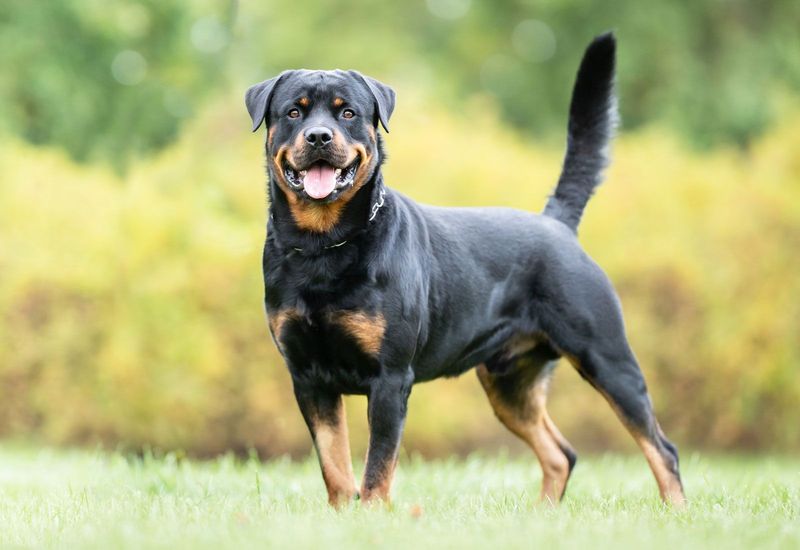
Rottweilers are powerful, confident dogs known for their protective nature. Training a Rottweiler can be challenging due to their strength and intelligence. They require a firm, consistent trainer who can establish clear leadership.
Early socialization and obedience training are essential to prevent aggressive tendencies. They respond well to positive reinforcement and structured routines.
Rottweilers are loyal and eager to please but can become bored with repetitive tasks. A combination of physical activity and mental challenges will keep them engaged.
With the right approach, they can become well-mannered companions.
9. Beagle

Beagles are known for their keen sense of smell and inquisitive nature. These traits, while endearing, can also make them difficult to train.
Their nose often leads them into trouble, and they can be quite stubborn. Training a Beagle requires patience and creativity.
They respond best to positive reinforcement and activities that engage their keen sense of smell. Consistency is key, and training should be started early to prevent behavioral issues.
With persistence and the right motivation, Beagles can become obedient companions.
10. Siberian Husky
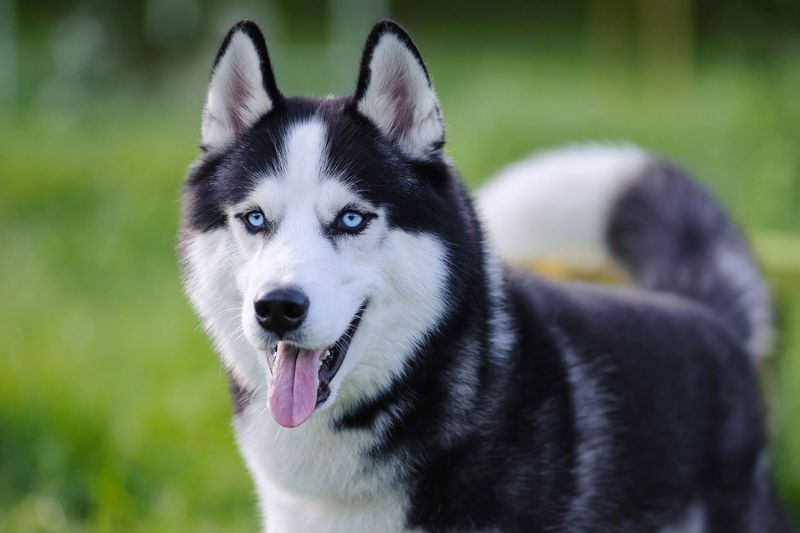
Siberian Huskies are known for their striking appearance and independent spirit.
Training a Husky can be a formidable task due to their strong-willed nature and high energy levels. They require an owner who can match their energy and provide ample exercise and mental stimulation.
Huskies are also known for their escape artist tendencies, so secure environments are a must. Positive reinforcement and consistency are crucial.
Huskies thrive in environments where they feel challenged and engaged. With dedication and patience, they can be trained to be loyal and obedient pets.





